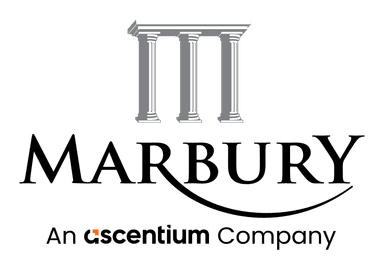Back
Mitigation of Risks of Sanctions and other Violations by Directors, Trustees and Beneficiaries
1 March 2024
Scrutiny on offshore transactions and their participants is at an all-time high. Through an ever growing number of regulations and laws, parties to transactions and third party providers from banks to corporate service providers are required to gather and, in some circumstances, share information with governments and regulatory authorities.
For the underlying officers and entities as well as the providers, breach of these regulations and laws attract scrutiny, can spark out-of-proportion penalties and – maybe worst of all – potential severing of business services, suspension of licences, or freezing of assets and accounts, while things are sorted out. For everyone involved there is also reputational risk. We attempt below to draw attention to what can be done on a proactive basis to reduce risk. This piece is not exhaustive because specific facts and circumstances can change things radically, so please contact us for specific advice before taking the leap on some of these recommendations.
Dealing with sanctions breaches, we highlight the increasing scope and breadth of the directives, laws and regulations that have extended the sanctioned or restricted parties involved to include service providers such as trustees and corporate services providers. Further it is increasingly common to use the word “connected” in reference to the transaction(s). This is very broad and seemingly catches any reasonably involved party to a transaction. Strict accountability is assumed at the outset with little wriggle room for mitigating circumstances. Sanctions transactions and sanctioned parties can be particularly hard to keep track of given the sheer volume and frequency of additions and changes.
Given these complicating factors, we recommend pro-active action by trustees, directors, and counterparties. The ability to provide rationale and compliance can make a big difference in dealing with a breach or to avoid a breach in the first place.
- Ensure that risk assessment policies, Anti-Money Laundering (AML) guidelines and all regulatory policies are up to date
- If possible, arrange training and document training on policies and guidelines and document the training, attendees and dates, as well as outcomes
- Put in place preventative measures by ensuring the documenting of all management and decision-making structures, transactions and transaction decisions
- Enforce and document proper due diligence on parties involved in structures and transactions (in amongst the usual checks, the use of WorldCheck and other databases is encouraged)
- Record the risk assessments made and follow risk guidelines when making assessments
- Determine, having taken all reasonable steps, that the assets that are the subject of, and/or the transactions themselves, do not breach any law or regulation OR, if there is a need, obtain written authorisation from the relevant government authority responsible for sanctions compliance.
Marbury is well placed to help you put in place all the solutions and can be appointed as a third party provider either ad hoc or on an annual basis to provide monitoring and compliance. Contact your usual Marbury relationship manager or info@marburys.com.
More about Marbury’s Regulatory Services for fund and corporate clients.


